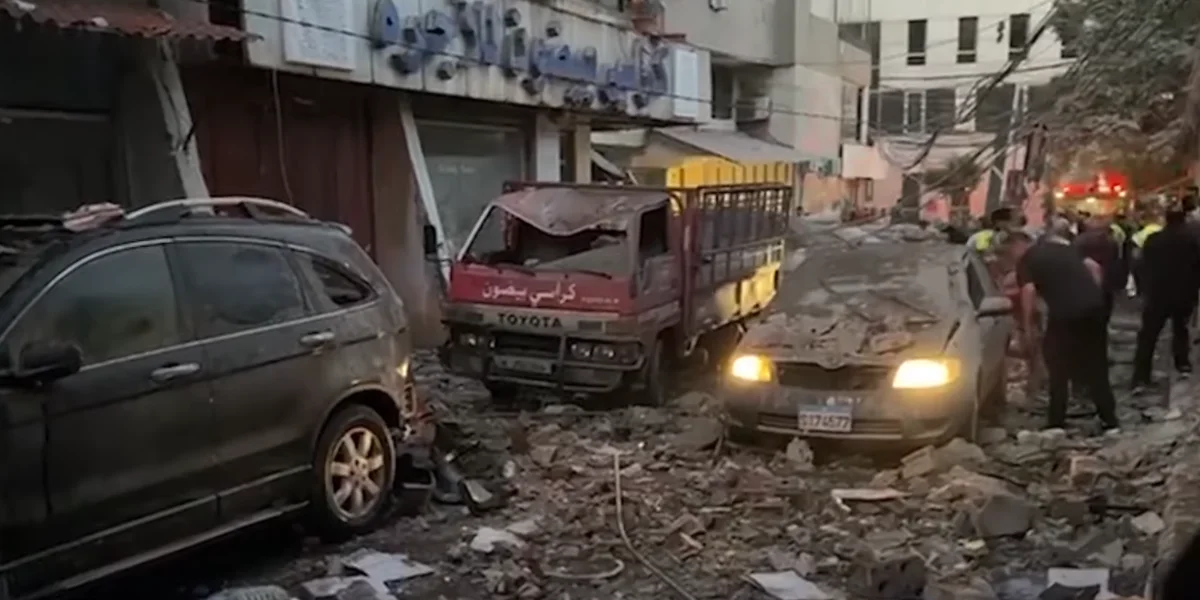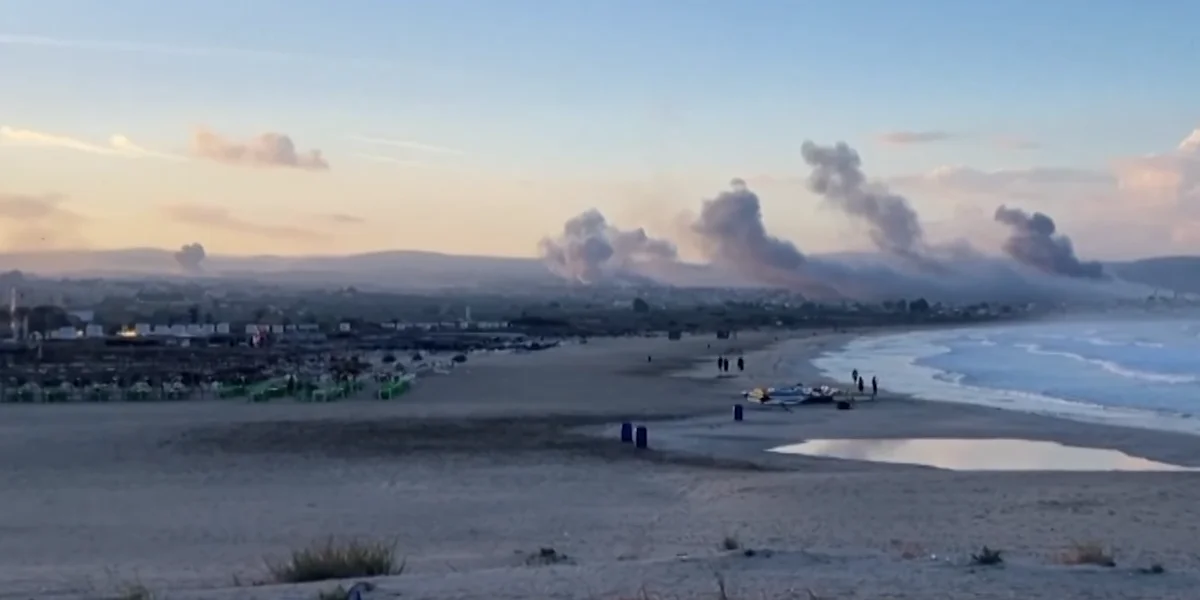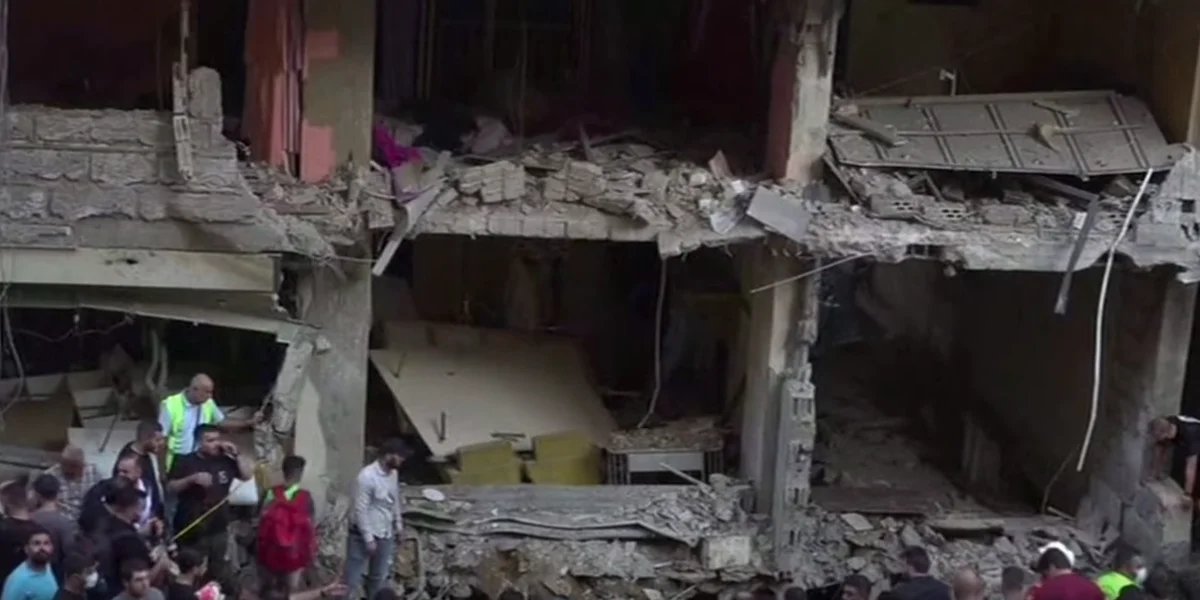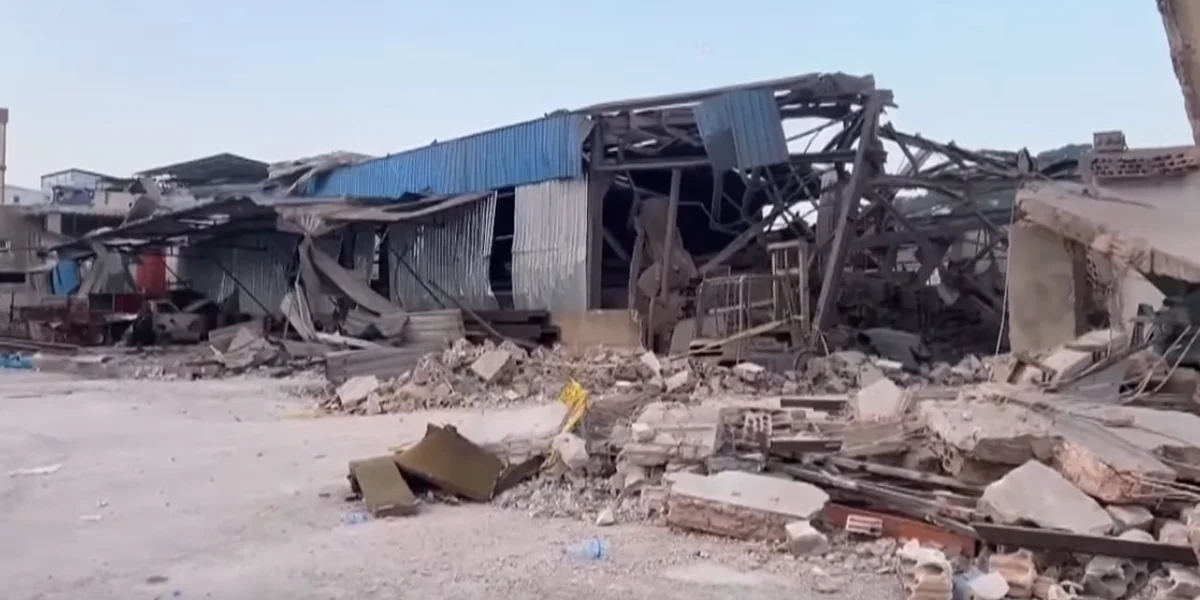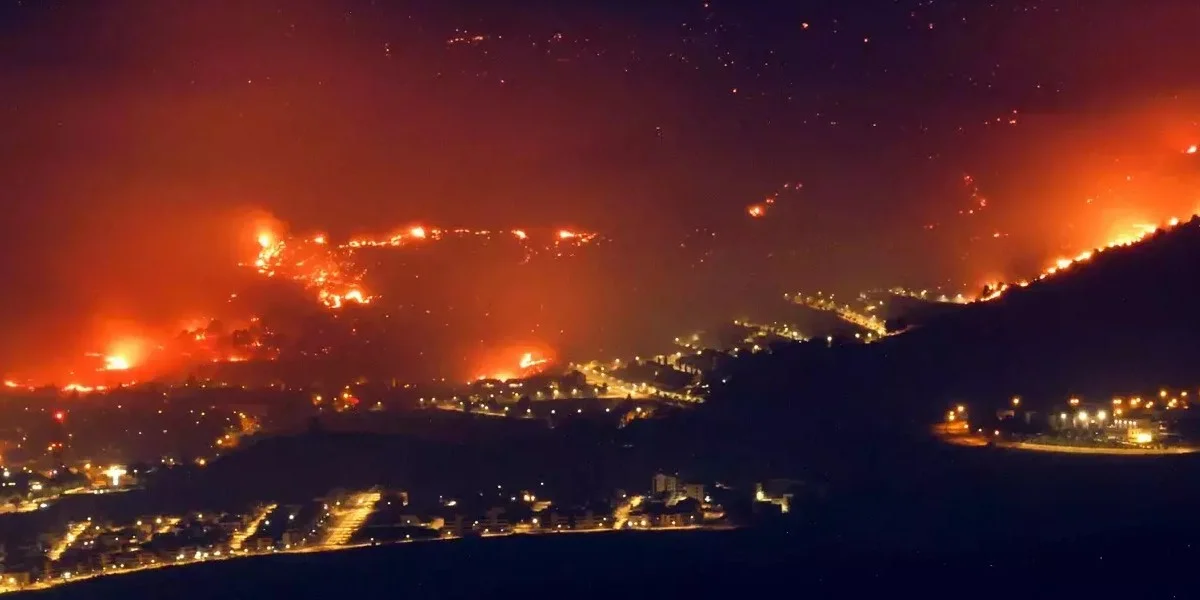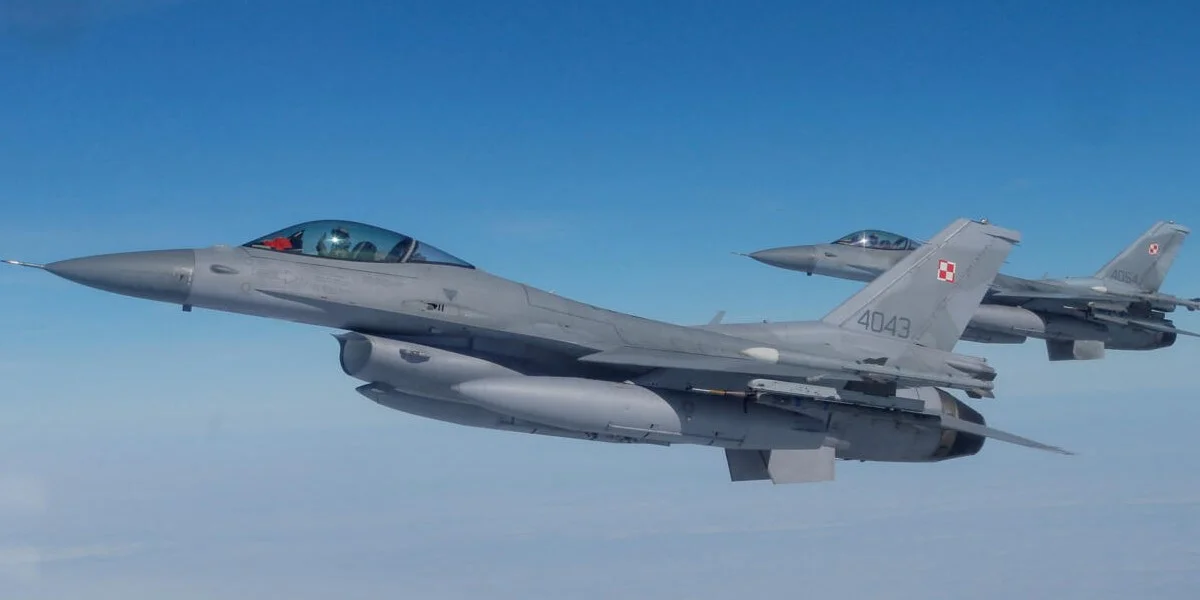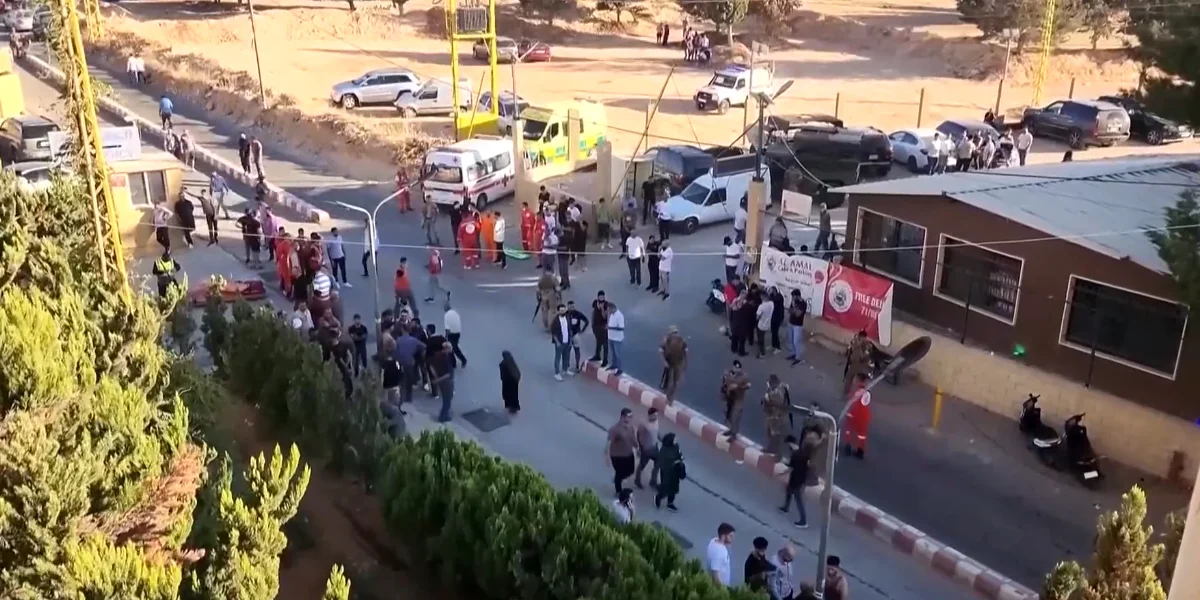Hezbollah leader Hassan Nasrallah killed in Israeli airstrikes targeting Beirut
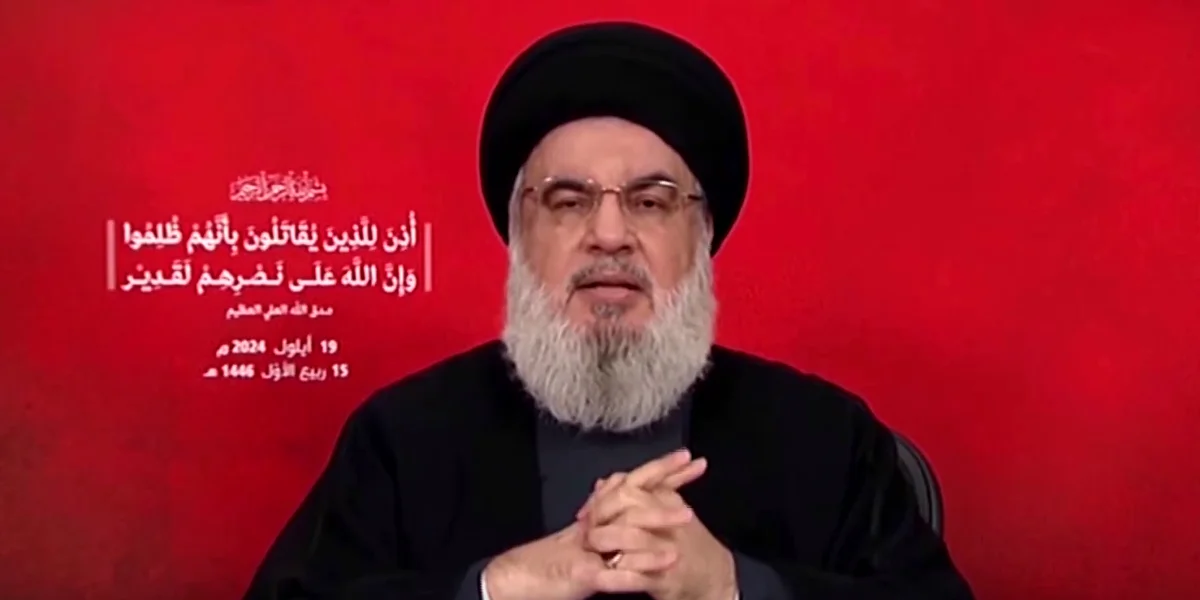
Hassan Nasrallah, the head of the militant organization Hezbollah, which is located in Lebanon, was killed on Friday by an Israeli airstrike on his underground headquarters in Beirut, both Israel and Hezbollah claimed.
After more than 30 years as the group's leader and a major regional figure, Nasrallah was killed by Israeli fighter jets in the Dahiyeh neighborhood in the capital's southern outskirts.
Fearing for his life, Nasrallah only delivered addresses via video, but for thirty years he used heated rhetoric to lead the terrorist organization. His passing has left a leadership hole in the most powerful paramilitary group in the Middle East. He solidified its vows to destroy Israel and the American presence in Lebanon.
Israeli Army Chief of Staff Lieutenant General Herzi Halevi made a different statement on Saturday, stating that Nasrallah's death proved that "anyone who threatens the citizens of Israel — we will know how to reach them."
Hezbollah described Nasrallah as a “sacred martyr” and vowed to continue its fight against Israel. He was one of the Hezbollah members that were killed in the attack on Friday, along with a senior Iranian commander.
“The leadership of Hezbollah pledges to the most supreme, sacred, and dearest martyr in our journey, filled with sacrifices and martyrs, that it will continue its fight to confront the enemy, in support of Gaza and Palestine, and in defense of Lebanon and its steadfast and honorable people,” the group said in a statement.
When Israel targeted Hezbollah fighters in Lebanon with a series of deadly explosions of communications equipment earlier this month, fears of a full-scale conflict reached their height. There were civilian bystanders among those slain.
Then, on Monday—the worst day for the nation in almost 20 years—Israel began a heavy aerial campaign over southern and eastern Lebanon. In reaction to the attacks, Hezbollah launched several missile barrages into northern Israel.
Since then, at least 700 people have died and many more have been injured in Lebanon as a result of Israeli bombs, the UN Office for the Coordination of Humanitarian Affairs (OCHA) reported on Friday.
Regarding the strikes on Lebanon, U.S. Secretary of Defense Lloyd Austin "expressed full support for Israel's right to defend itself and its people against Iranian backed terrorist groups," according to a statement released by Pentagon spokesperson Maj. Gen. Pat Ryder on Saturday. Austin also spoke with Israeli Minister of Defense Yoav Gallant twice.
"The Secretary made it clear that the United States remains postured to protect U.S. forces and facilities in the region and committed to the defense of Israel," said Ryder.
Hezbollah is backed by Iran, which Israel Prime Minister Benjamin Netanyahu warned will continue to combat the organization "with full force," threatening the Middle East as a whole.
"There is no place in Iran that the long arm of Israel cannot reach. And that is true of the entire Middle East," Netanyahu said, speaking to the United Nations General Assembly.
"If you strike us, we will strike you," Netanyahu said, addressing Iran.
Ayatollah Khamenei, the supreme leader of Iran, stated in a statement that "the resistance" will not be annihilated, although he made no mention of Nasrallah's passing. The "fate of the region" will be decided by the "resistance forces and at the head of them is Hezbollah," he said in a statement.

